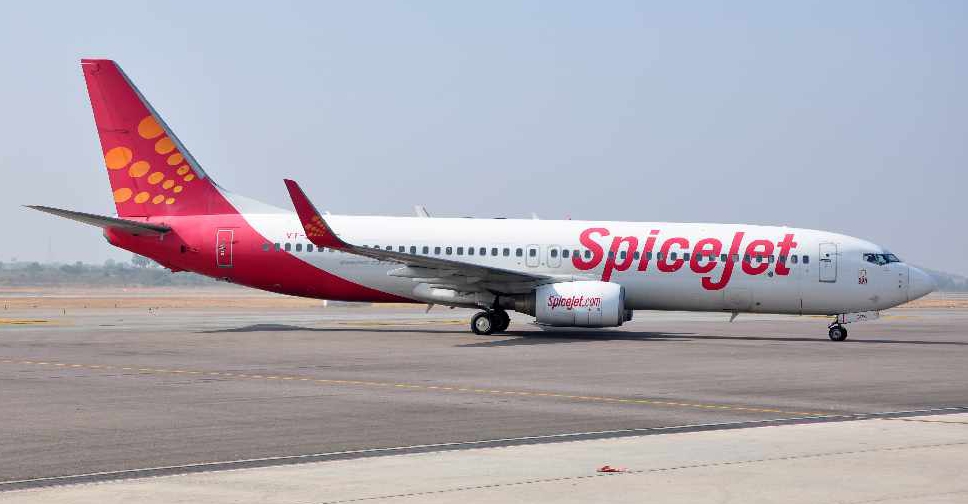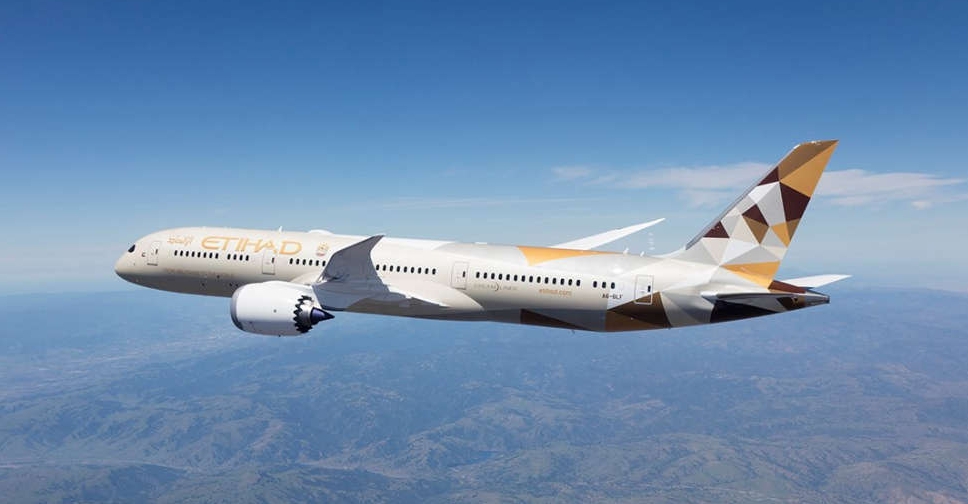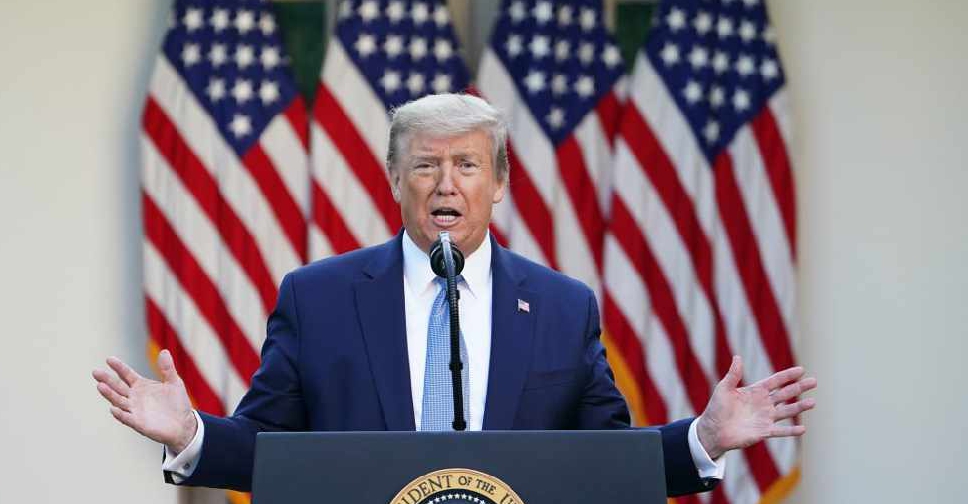
India will allow SpiceJet to reinstate flights in a "graded manner" once the airline shows it has sufficient engineering strength and the financial ability to stock up on spares, the country's air safety watchdog told Reuters.
Last week, in an unprecedented move, India slashed SpiceJet's approved departures by 50 per cent for a period of eight weeks after an audit revealed the airline's inability to establish "a safe, efficient and reliable" service.
While placing SpiceJet under "enhanced surveillance", the regulator stated in its notice there was "poor internal safety oversight" at the airline, and that financial issues at the carrier were leading to "frequent shortage of spares".
The chief of the Directorate General of Civil Aviation (DGCA), Arun Kumar, said SpiceJet will be permitted to reinstate its capacity but in a gradual manner and once it demonstrates it has fixed the manpower and spare part shortages.
"At this point of time we feel they can only operate 50 per cent of their capacity without compromising safety," Kumar said, during an interview at the watchdog's headquarters in India's national capital New Delhi.
Kumar said a review of SpiceJet's operations and physical audit of the airline showed the carrier was "incapable" of flying at full capacity.
"The decision is a pre-emptive step to ensure there is no safety issue in the future and does not mean the airline is not fit to fly. Our objective is not to disrupt service."
SpiceJet did not respond to a request for comment on the DGCA's observations.
The airline has previously said it is confident of scaling up its operations and addressing any concern the regulator may have.
SpiceJet has reported close to a dozen safety incidents since May, which included a side windshield outer pane that cracked mid-flight and a malfunctioning indicator light, prompting the DGCA to issue a notice to the airline on July 5 asking why no action should be taken against it.
Since then SpiceJet has shown an improvement in its operations, Kumar said.
"An aircraft is a complex machine. When components break down or malfunction... there is a process that needs to be followed to deal with it," Kumar said.
With growth in India's domestic aviation market reaching pre-pandemic levels, new airlines coming on board and old ones expanding, Kumar said the DGCA is looking to hire more people to maintain its surveillance of the sector.
The regulator conducts 3,700 checks in a year and currently has about 1,300 staff to do that. It plans to add 400 more over the next one year, mainly in its technical team, Kumar said.
"The point is to make ourselves more robust to take on growth in the market," he said.



 Disney settles suit over women's pay for $43 million
Disney settles suit over women's pay for $43 million
 Etihad Airways adds ten new destinations for 2025
Etihad Airways adds ten new destinations for 2025
 Trump pledges new tariffs on Canada, Mexico, China
Trump pledges new tariffs on Canada, Mexico, China
 UAE and Bahrain finalise ICV programmes procedures
UAE and Bahrain finalise ICV programmes procedures


